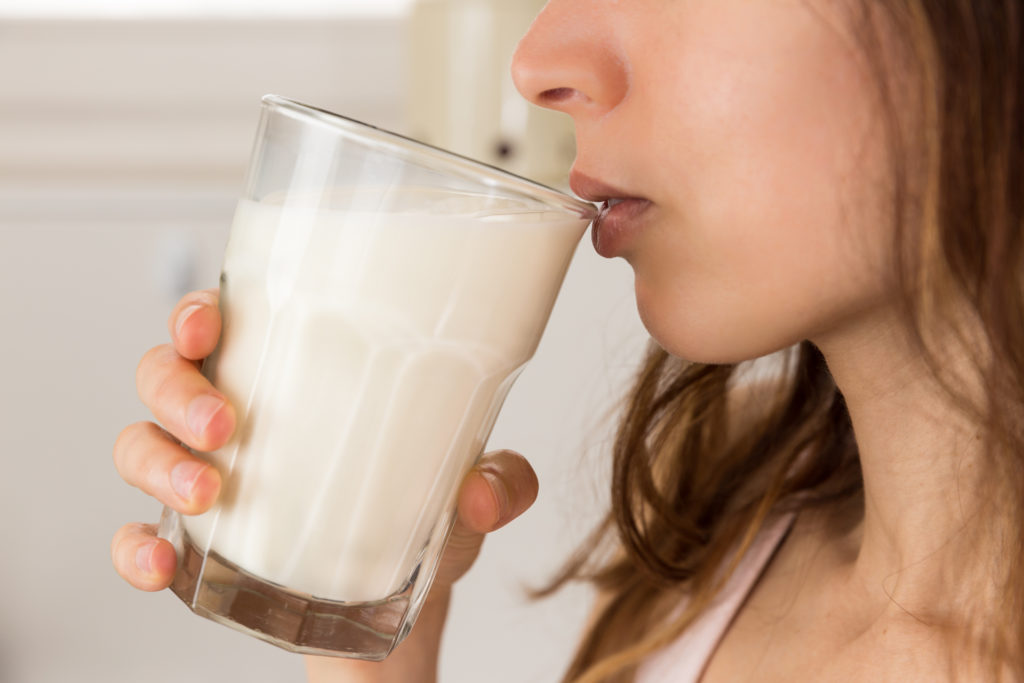
What is The Best Diet for Acid Reflux?
Adapting to your diet is one of the most effective ways to manage acid reflux but it requires a personalized approach. There are specific foods that can help to reduce acid reflux symptoms, but the foods that trigger these symptoms will vary from person to person. For this reason, please use this blog post as a guide to help you find out what works for you rather than a catch-all solution. You can do this by making small changes at a time and keeping a food diary to document the impact that these dietary changes have on your reflux symptoms.
How healthy is your current diet?
Your digestive system won’t heal if you’re not feeding it the right nutrition, so it’s more essential than ever to maintain a healthy diet if you suffer from acid reflux. This means ditching junk food and swapping processed foods for freshly cooked meals. If you’re suffering from acid reflux at the moment and still getting takeaway a few nights a week, ditching the junk food should be the first step in your road to recovery.
Consider possible food intolerances
Chicago blogger, Eva Voveris had been suffering from acid reflux for a while when she discovered that lactose intolerance was triggering her symptoms. After reducing her daily intake and supplementing with a lactose digestive supplement. Eva told us that she now has her reflux under control.
“I get acid right away after I eat milk products. I feel so full and my stomach is bloating. It doesn’t happen very often now because I manage my diet and try to avoid any milk products. I also keep my supplements in my bag all the time in case of something.” – Eva Voveris
Avoid overeating
When you eat too much it’s easier for the contents of your stomach to spill up into your esophagus. It’s generally better to have several small meals throughout the day instead of a large meal that leaves you so stuffed you can’t move for an hour! Reducing the volume of food in your stomach at one time will help reduce your reflux. This doesn’t mean eating less, it just means eating less in one go.
Another thing to watch out for is the various symptoms you’ve been experiencing. To find out just how bad they were for me, I took this gut health assessment and then I made a plan.
Add the right supplements to your diet
Adding supplements containing digestive enzymes, probiotics, slippery elm bark, marshmallow root, and zinc will help prevent and provide relief from reflux. Terra Health Essentials provides a range of natural supplements such as its acid management kit to keep your reflux under control without the need for medication.
Increase your fiber intake
Research shows that a high-fiber diet can help to prevent and alleviate acid reflux symptoms. In addition, increasing your fiber intake also helps to lower cholesterol, maintain healthy bowel functioning, and control blood sugar levels. Good high-fiber foods include oatmeal, green vegetables, beans and legumes, grains and bread, and certain fruits such as oranges, bananas, strawberries, and raspberries. You should avoid citrus fruits as these are highly acidic and can make your reflux worse.
Mom said “Eat your Vegetables!”
Everyone knows vegetables are good for you, but when you suffer from acid reflux they’re SUPER good for you. Green vegetables like broccoli are alkaline rather than acidic and very rich in fiber (as mentioned above) so they’re excellent foods to eat. Other great veg options include Brussel sprouts, kale, asparagus, and spinach which are all alkaline and also low in sugar and fat. If you can’t, then you can get the same benefits of body alkalinity through a ph balancer.
Bananas are your best friend
Bananas can help to relieve acid reflux by coating your esophageal lining which reduces any discomfort you feel when it’s irritated. This super-fruit also contains pectin; a fiber that helps food to move through your digestive system rather than sticking around to generate more acid.
Avoid high-fat foods
Acid reflux occurs when your lower esophageal sphincter (LES) muscle loosens and allows stomach acid to rise up into your esophagus. When you eat high-fat and fried foods it can make this muscle relax which further exacerbates the problem. As a general rule, try to avoid fats such as fries, full-fat dairy products, fatty meat, lard, gravy and sauces, and oily foods.
Taking these steps to modify your diet will help you to take control of your reflux symptoms and allow your gut to heal. Remember, it might take a while to figure out exactly what diet works best for you – but this is the perfect place to start.

